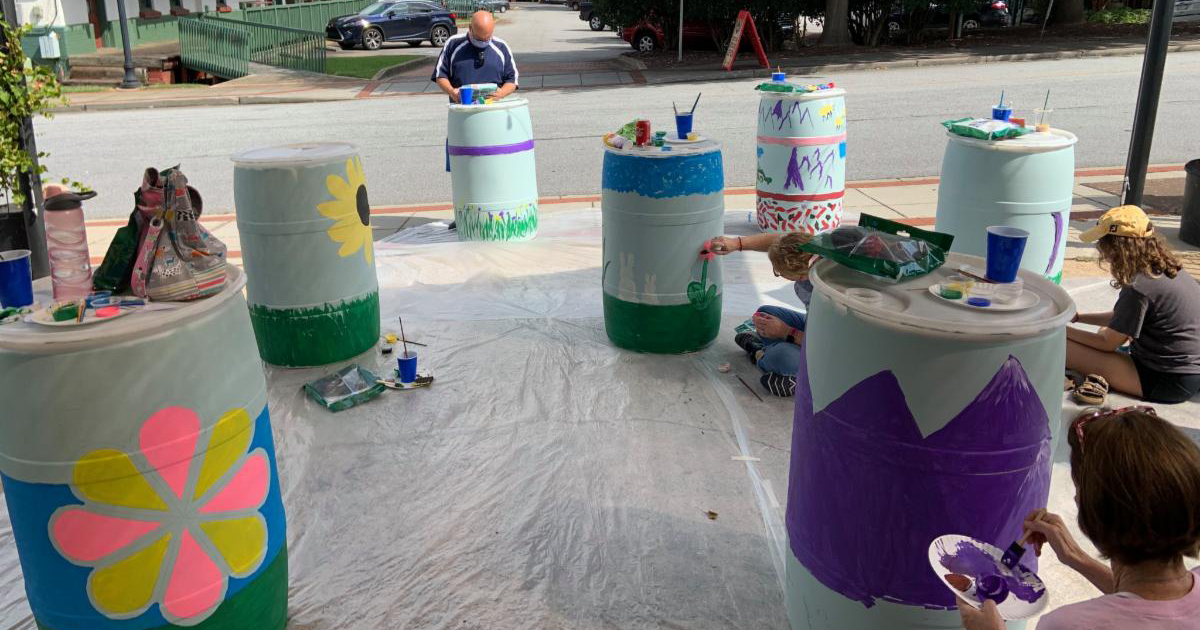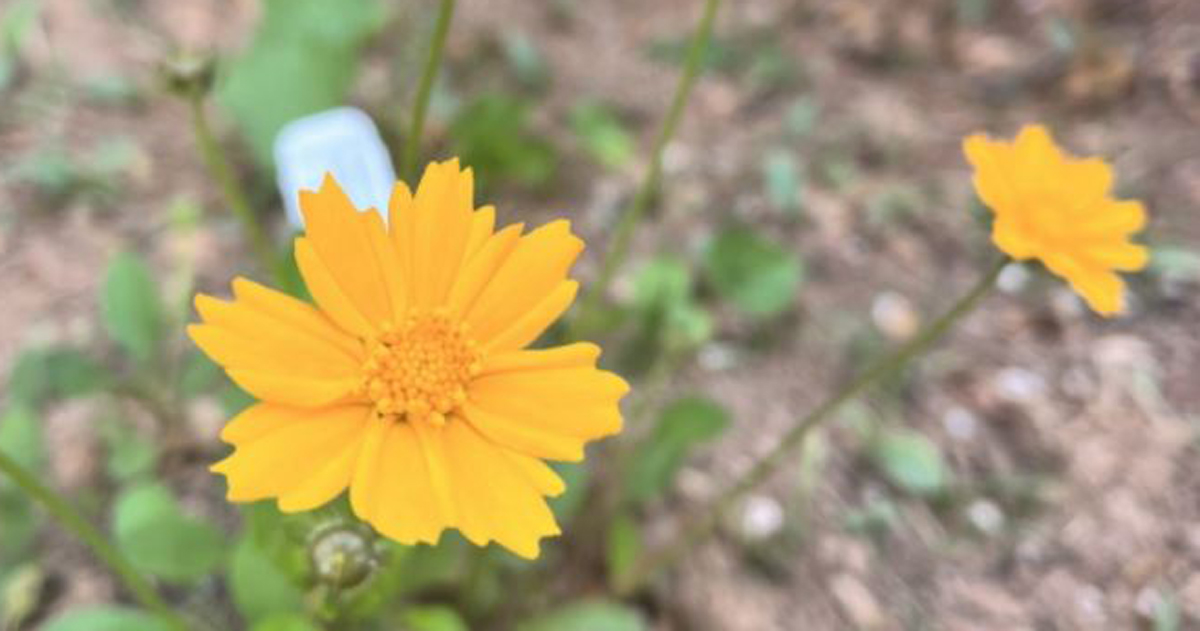The Water Log: Spring Events and Lawncare Best Practices
May 9th, 2022
By Erika Hollis
Spring is here and our team is excitedly preparing for several upcoming public water-related events in the Upstate! If you are interested in meeting like-minded folks interested in water, or just want to participate in fun community activities, read more below.
Additionally, now that we are in the full swing of springtime, it’s helpful for all of us to remember some best practices regarding lawn care. We are all celebrating being outside more, but please remember there are several key steps you can take listed below to safeguard water quality. Thank you for tuning in again to engage with Upstate Forever’s water quality work!

Erika Hollis
Clean Water Director
Upstate Forever
Upcoming events
Discover Your Watershed: Saturday, May 14
This family-friendly event will take place from 10 am – 3 pm on May 14 on the shores of Lake Cooley in Inman and is an excellent way to learn more about the Tyger River Watershed — while having loads of fun! Come meet with local water and recreation-related organizations (including yours truly) while trying out kayaks and paddle boards, as well as enjoying a free BBQ lunch. For more information about the event and to register to reserve your free lunch, click here.

Anderson Barrels and Beer: Saturday, May 21
The 4th annual Barrels and Beer event will take place at Magnetic South Brewery from 11 am – 2 pm on May 21. Hosted by Anderson County Soil and Water Conservation District and sponsored by Anderson Regional Joint Water System, you can channel your inner artist and paint your own rain barrel while learning how water quality relates to tasty local beer. There will be presentations from educators and organizations in the Upstate regarding conservation, natural resource protection, and surface water pollution. The cost is $45 and supplies are limited, so click here to register.
ForeverGreen Annual Awards Luncheon: Monday, June 13
Upstate Forever’s annual ForeverGreen luncheon has been rescheduled for June 13 from 11:30 am – 1:00 pm at the Embassy Suites on Verdae Boulevard in Greenville. This gathering is an opportunity to recognize and celebrate individuals and organizations that have made significant contributions to conservation in the Upstate. The 2022 Clean Water Champion Award recognizes The Tyger River Foundation for their ongoing work to increase public access to the Tyger River system while protecting water quality in Spartanburg County. To purchase your luncheon ticket ($50), click here.
Lawncare best practices
Spring has sprung! It is officially that time of the year when we roll up our sleeves and get to work outside. While gardening and landscaping, it’s important to pay attention to how our practices can affect local water quality.
Fertilizers, Pesticides, and Herbicides
While sometimes we may need to resort to the use of chemicals to keep our gardens and lawns in check, it is critical to be an informed user. Overuse can be toxic to your health, local ecosystems, and our waterways. These chemicals can kill beneficial insects and healthy soil organisms, on top of weakening plant root systems and reducing the presence of important nutrients like nitrogen and phosphorus in soil.
Here are a few tips to ensure the use of fertilizers, pesticides, and herbicides will not endanger you, others, and the environment:
- Conduct a soil test before the application of any chemicals to help determine the right amount to apply according to your soil’s nutrient levels.
- Consider using a slow-release fertilizer. By controlling the release of nitrogen, the amount of nutrients leaching into the groundwater can be reduced.
- Avoid using fertilizer on slopes and near bodies of water. If you must use fertilizer in these areas, consider leaving a buffer zone (an untreated strip of land) near the water to prevent runoff.
- Check the forecast. Avoid the use of fertilizer immediately prior to rainfall to prevent excessive runoff.
- Do not wash fertilizers, pesticides, or herbicides onto hard surfaces like sidewalks or streets.

Native Plants
Native species are the trees, plants, and shrubs that naturally occur in a region and therefore are adapted to local climate and soil conditions. Because they are acclimated to their local environment, they require far less water than non-native alternatives and play a crucial role in the health of local ecosystems.
On top of being beautiful, here are some of the many benefits native plants provide compared to non-native or invasive plant species:
- Require less fertilizers and pesticides
- Require less watering
- Prevent soil erosion
- Reduce air pollution
- Provide food and shelter to local wildlife
- Support pollinators
- Promote biodiversity
- Preserve natural heritage and ecosystem structure
- Help landowners save money
To learn more about native plants and their role in maintaining the natural character of the Upstate, visit the South Carolina Native Plant Society’s Website.
UNTIL NEXT TIME
Thank you for joining me for The Water Log, Upstate Forever's periodic newsletter dedicated to clean water issues and advocacy!
If you would like to receive The Water Log in your inbox or know someone who might like to receive this newsletter, please send them to this link to sign up: upstateforever.org/email
Have clean water questions or comments? Want to see if you qualify for septic repair assistance? Contact me at ehollis@upstateforever.org.

